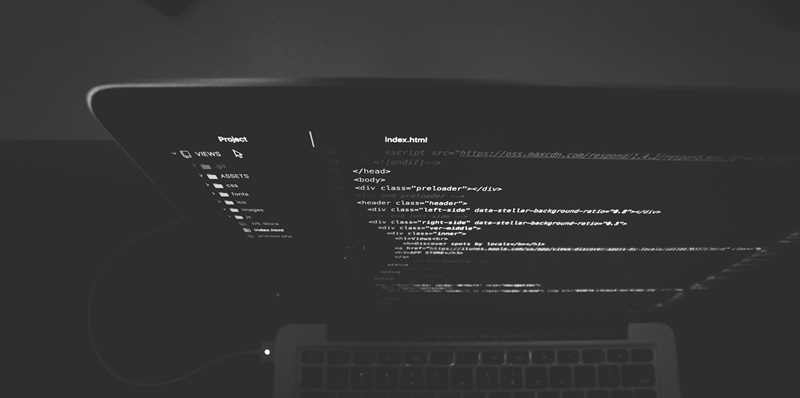LastPass subscribers are currently facing an increased threat from a sophisticated phishing operation. Cybercriminals have cunningly crafted counterfeit LastPass login websites to trick users into disclosing their private data. Initially, these attackers reach out to potential victims through phone calls or emails, presenting themselves with a sense of urgency regarding security issues. They leverage this perceived immediacy to maneuver individuals into inputting their LastPass credentials into these meticulously designed fraudulent sites.
The deceptive approach is notably effective because it preys on the user’s fear and instinct to quickly resolve security alerts, a factor that hackers exploit to their advantage. As users seek to protect their accounts, they are inadvertently handing over access to the very information they aim to secure. This development underscores the evolving nature of cyber threats and the importance of remaining vigilant, particularly concerning the credibility of communication that urges immediate action related to personal or sensitive account details. Users must be cautious, verifying the authenticity of any such security warnings before responding, to avoid falling victim to these increasingly common and perilous schemes.
LastPass’s Immediate Response
Upon learning of these phishing attacks, LastPass promptly took action to address the fraudulent activities and protect its users. Efforts to dismantle the phishing sites have been made, including the closure of particularly harmful domains like help-lastpass[.]com. Alongside these immediate interventions, LastPass is actively monitoring for new suspicious domains and is working to take them down as swiftly as possible. The company has engaged with domain registrars and hosting providers as part of their rapid response, aiming to disrupt the cybercriminals’ infrastructure.
Educating and Protecting Users
As the situation unfolds, LastPass has recognized that dismantling malicious sites is only part of the solution. The company is putting considerable emphasis on user education. By informing customers about these tactics, LastPass aims to heighten their awareness and vigilance. Users are advised to be cautious when handling calls or emails that ask for their LastPass credentials or any personal information. Furthermore, LastPass recommends users enable multifactor authentication (MFA) to add an extra layer of security, making it more difficult for unauthorized parties to gain access to accounts, even if they have the master password. The severity of the threat has led LastPass to explore more advanced security features which could offer enhanced protection against such sophisticated phishing attempts in the future.

